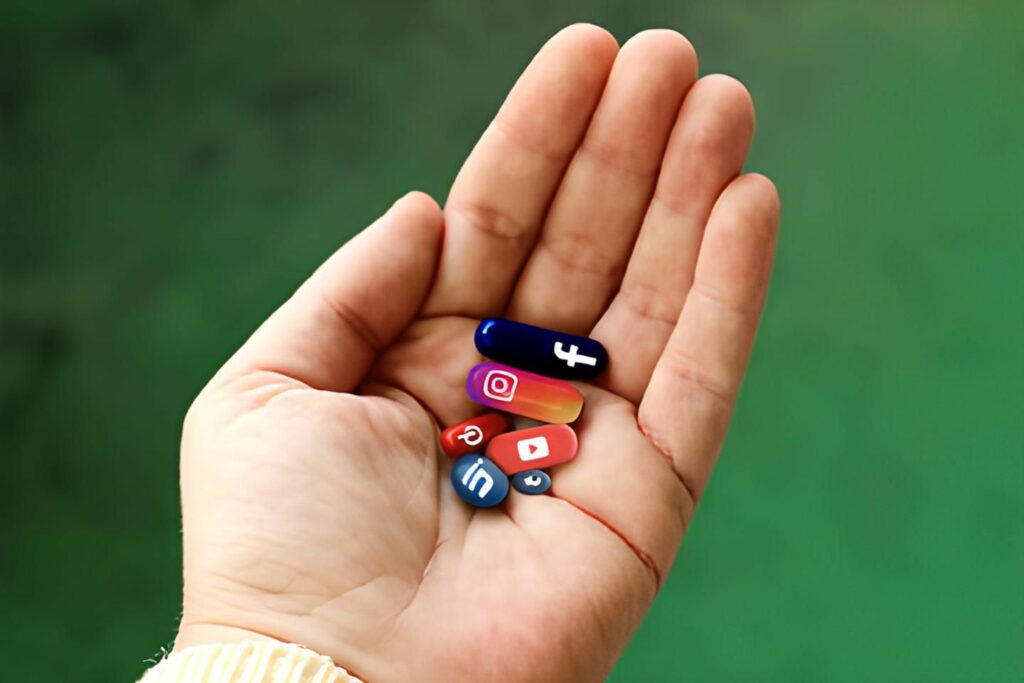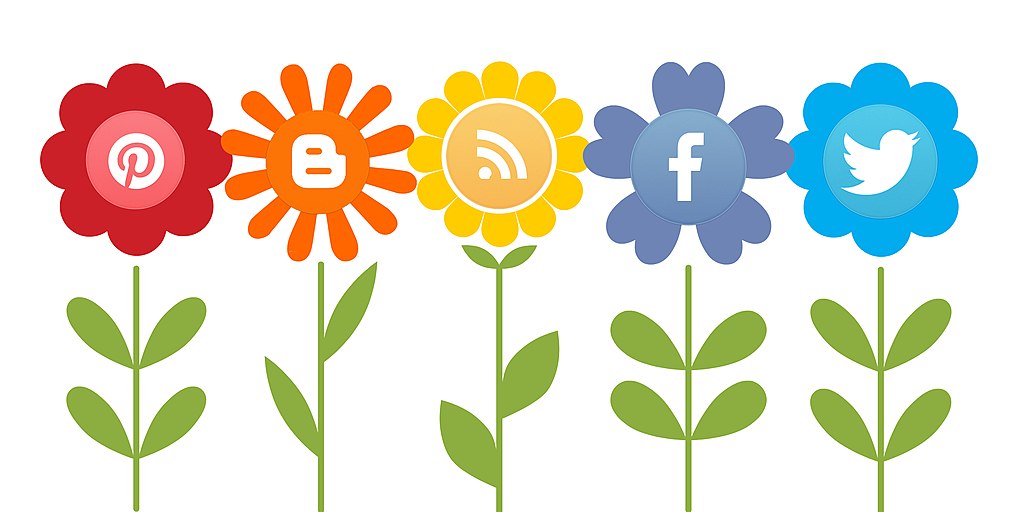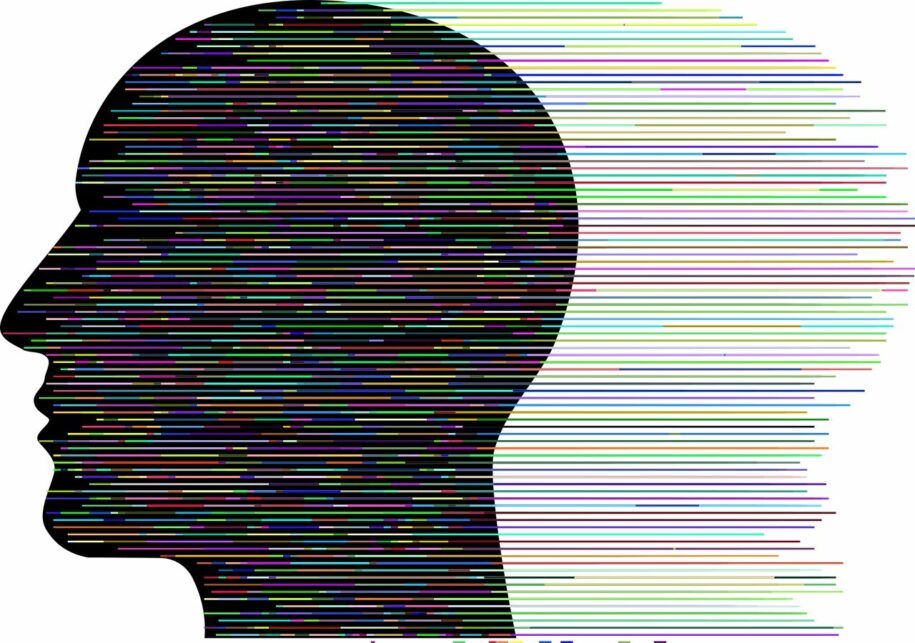In today’s digital world, staying away from social media is almost impossible. Platforms like Facebook, Twitter, Instagram, and YouTube have become integral to our lives. Social media is commonly used to communicate with friends, stay updated on news, express thoughts and opinions, and stay informed about global events. But how does social media affect mental health? This article will examine how social media and mental health relate to each other and provide tips on using it positively to benefit from its advantages while avoiding negative consequences.
Table of Contents
The Feeling of Missing Out
The feeling of missing out, commonly referred to as FOMO, can be a powerful emotion that affects our mental health. In an increasingly connected world, it’s easy to feel like we’re not measuring up or that everyone else is having more fun than us. It can lead to anxiety and depression as we compare ourselves to those around us and feel inadequate.
This feeling can be powerful when it comes to social media use.
We often see images and videos of people living their best lives, and it can be easy to forget that what we see is curated. This type of comparison quickly leads to envy, inadequacy, and unhappiness with our lives. The key is to remember that no one’s life is perfect! We all have ups and downs, so don’t get caught in a cycle of comparing yourself to others or feeling like you need to measure up. Instead, focus on your journey and take steps toward your goals. You’ll soon realize there’s more than enough room for everyone at the top.

Addiction
Social media addiction is a real and growing problem. Many people find themselves spending hours scrolling through their feeds or playing games instead of engaging with the world around them. This can lead to feelings of isolation, low self-esteem, and depression as we become more distant from our peers.
The best way to combat this is to set limits on your social media use. Implement a digital detox by setting aside certain times of the day when you don’t check your feeds. It can also help to delete distracting apps and find other activities that will give you mental satisfaction, such as reading, exercising, or spending time with friends.
Focus on Interactions
Social media should be used to engage with other people and cultivate meaningful relationships. Instead of just consuming content, try to create it as well. Share your thoughts, stories, or photos and connect with other users.
It’s also important to remember that not all interactions are positive. Unfiltered opinions, argumentative comments, and hateful language can lead to negative feelings and toxic environments. Take time away from social media if you start feeling overwhelmed, and know when it’s best to take a break or step away completely.

Positive Impact of Social Media
Social media can have a positive effect on mental health when used correctly. Here are ten ways how social media affects mental health:
- Improves communication skills: Social media can be a powerful tool for improving communication skills. It provides an easy way to stay connected with friends and family, as well as a platform for meeting new people from all over the world.
- Fosters compassion: Seeing the stories of others through their posts on social media can help us become more compassionate and understanding towards those who are struggling with health issues or life experiences similar to ours.
- Builds self-confidence: Social media can be a great way to share accomplishments and express creativity, which can help boost self-esteem.
- Connects people with similar interests: Through social media, you can find like-minded individuals who share the same passions or hobbies, providing an opportunity for meaningful connections.
- Creates a sense of belonging: Social media can provide a sense of connection and belonging, especially for those who may feel isolated or lonely.
- Helps with stress management: When used in moderation, social media can help us manage stress by providing an outlet to express emotions or take a break from everyday life.
- Gives access to support: Social media can provide access to mental health resources and services, such as online counseling or group chats.
- Offers an opportunity for self-expression: Users can express themselves in unique ways through social media posts, photos, and videos. This allows people to explore different aspects of their personalities and gain confidence in who they are.
Conclusion
The vast use of social media has become an indispensable and integral part of everyday life. From staying connected with friends and family to finding information and expressing ourselves, it can be a powerful tool for promoting mental well-being. Although it has potential risks, social media can provide numerous benefits to our mental health if used correctly. By understanding how social media affects us, we can make the most out of this modern technology and continue striving towards bettering ourselves and others around us.
- Social Media Evolution: Tracing the Origins and History - octobre 2, 2023
- The Power of Social Media Influencers: Top Influencer Impact - octobre 2, 2023
- Cracking the Code: Understanding and Navigating Social Media Algorithms - octobre 2, 2023

